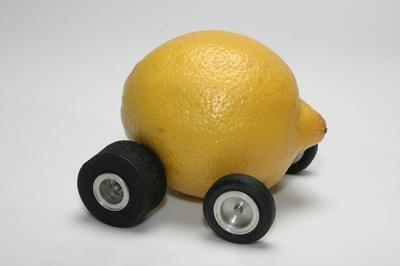
Having a new car break down is frustrating. Having it break down several times for the same issue can be infuriating. Though the urge exists to immediately label a defective new car as a lemon, state and federal lemon laws list specific characteristics that make a car a true lemon under the law.
A car is only a lemon if it has a defect that affects its safety in some way. For example, ripped upholstery, warped paint, or poor air-conditioning strength will not qualify a car as a lemon. If a new car has failing brakes, a broken fuel line or other defect that makes it unsafe, it may be a lemon.
Every state has its own lemon laws, but in general, most states will only consider a car a lemon once the same major defect has happened four times. According to Consumer Affairs, a safety issue, however, can earn a car a lemon label after only two breakdowns. The manufacturer must have had the chance to fix it each time and ultimately fail to permanently repair the problem. Additionally, the car must still be under warranty when the defect occurs to count as a lemon. To claim a car a lemon, the owner must keep track of breakdowns and manufacturer repair attempts.
If a new car still under warranty is not operating for 30 days in the first one to two years or 12,000 to 18,000 miles, it can also qualify as a lemon, depending on the state in which the owner resides.